Apocalypse Now (1979)
“I don’t see… any method… at all, sir.”
|
Synopsis: |
|
Genres, Themes, Actors, and Directors:
Response to Peary’s Review: … and he concludes his review by noting that “the scene in which Sheen and Brando lie around philosophizing while Coppola gets super-pretentious with his camera and character placement recalls the similarly shot, ultra-boring scene of Liv Ullmann and Ingrid Bergman in Ingmar Bergman’s Autumn Sonata.” While it’s not a personal favorite, I’m a bigger fan of this wartime flick than Peary. Coppola was nothing if not forthright about his own concerns with the film not making sense (see the must-see documentary Hearts of Darkness: A Filmmaker’s Apocalypse [1991] for more on this), which makes it doubly impressive that the film actually does cohere. Sure, it’s more of a mood piece than a “rational” or straightforward adaptation of Joseph Conrad’s 1899 novella Heart of Darkness — but it works on its own terms as a surreal immersion piece. Coppola and his team set out to tell a tale of the Vietnam War that would highlight its deep absurdity and lasting impact on everyone involved, and in this, he succeeds. We see characters ranging from an already-damaged captain (Sheen) who is shaken from an alcohol-fueled fugue to head out on a new mission: … to the team of bureaucrats (including Harrison Ford) who cooly task Sheen with assassinating a member of his own military: … to megalomaniac, helicopter-riding Lt. Colonel (Robert Duvall) who “loves the smell of napalm in the morning” and repeatedly insists to a California surfer named Lance (Sam Bottoms) that the war-ridden waters surrounding them are just fine to head out onto. We also meet the other members of Sheen’s river patrol boat crew, including CPO Phillips (Albert Hall), “Clean” (14-year-old Laurence Fishburne), and “Chef” (Frederic Forrest): … and eventually encounter a hopped up photojournalist (Dennis Hopper) who takes Sheen to see the mysterious Captain Kurtz (Brando). The final half-hour — taking place deep in the “heart of darkness” in the jungle — evokes all sorts of problematic issues related to colonialism and exoticism of native peoples, but it’s palatable given that this is precisely the film’s point: we went in to “help” a country we knew little to nothing about, and emerged more confused and damaged than ever. Note: Watch for a brief “cameo” by Scott Glenn as a member of Brando’s cult. Notable Performances, Qualities, and Moments:
Must See? Categories
(Listed in 1001 Movies You Must See Before You Die) Links: |
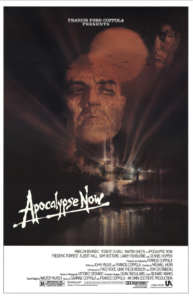
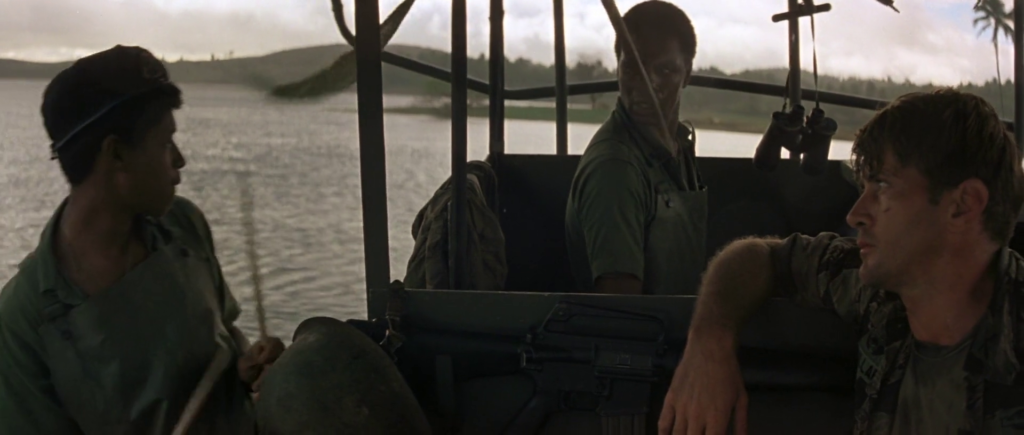
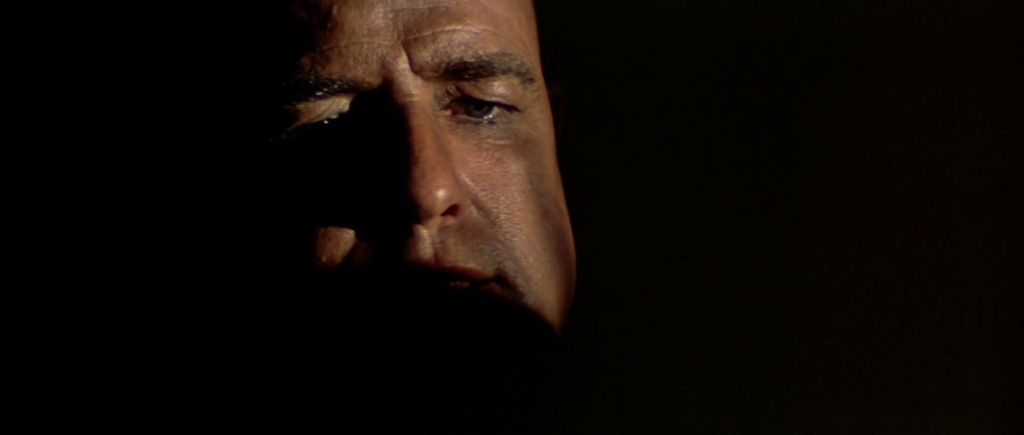
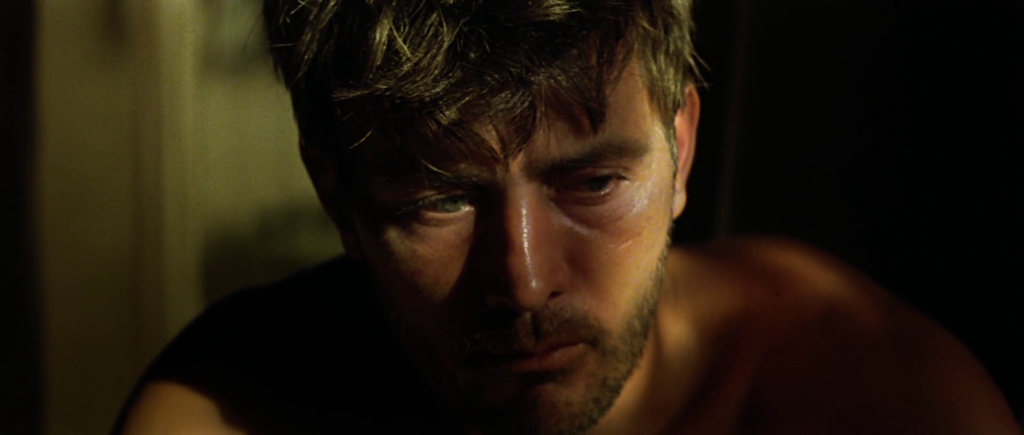
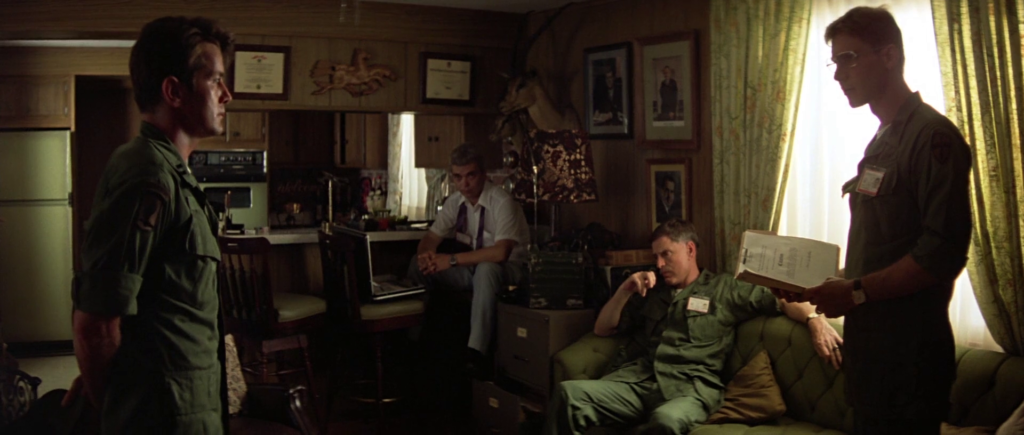
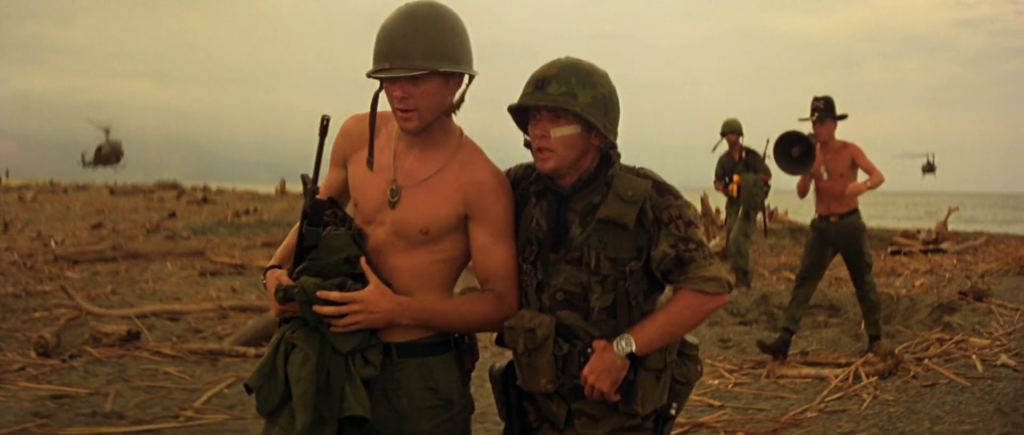
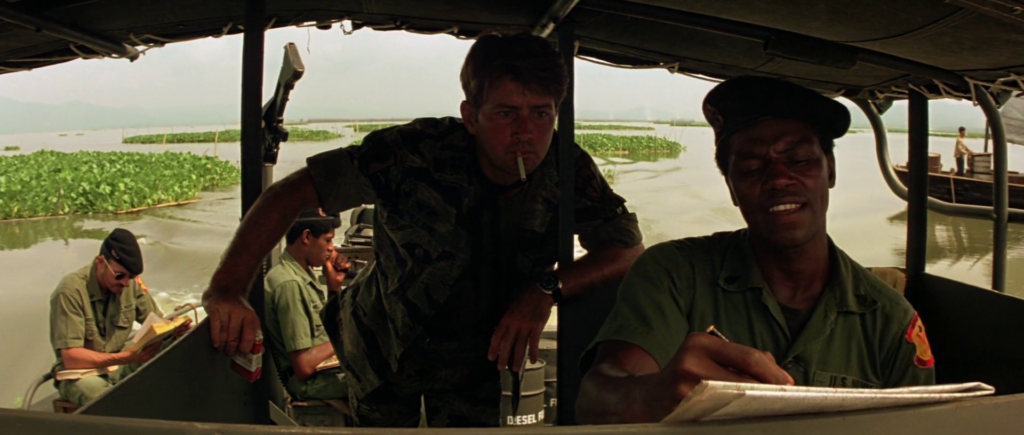
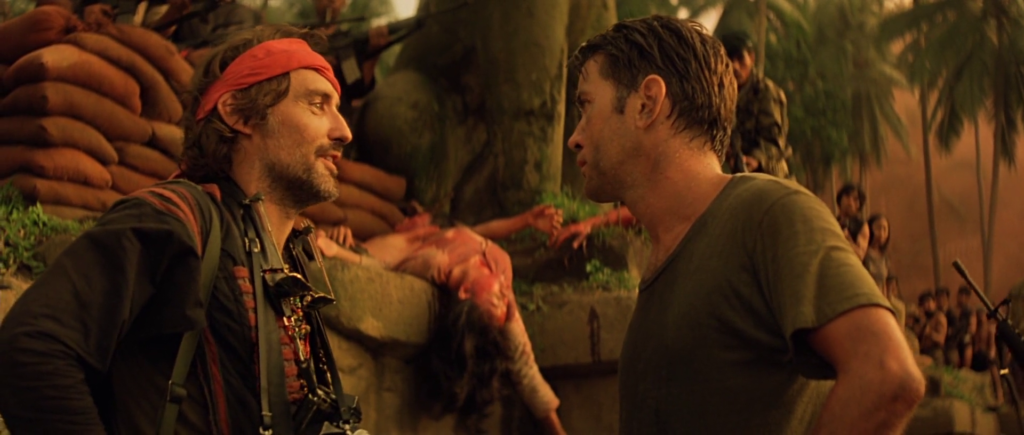
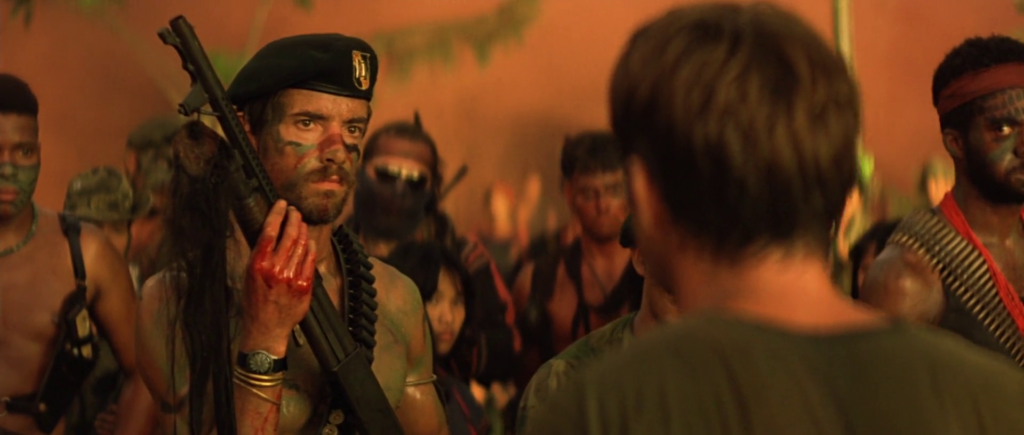
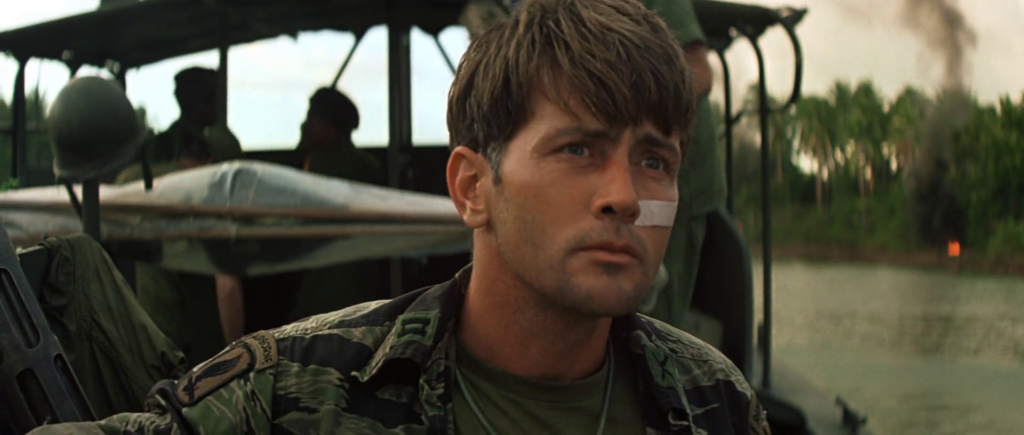
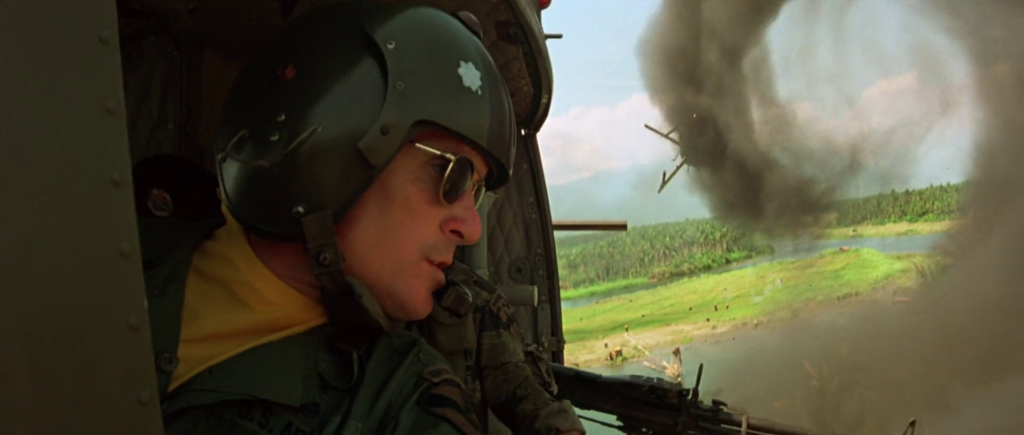
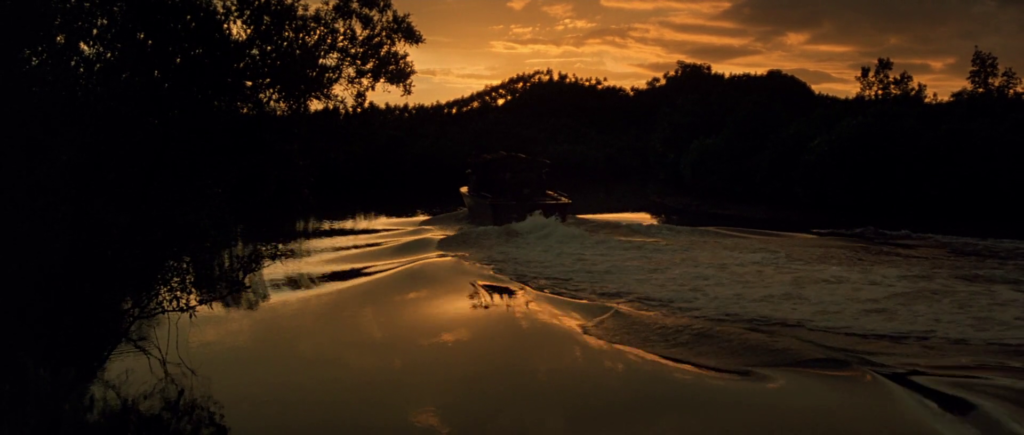
One thought on “Apocalypse Now (1979)”
A no-brainer must-see that benefits from more than one viewing.
While it’s not a personal fave for me as well (which is not at all a comment on the quality of the film), I admire its intentions more than Peary does. I don’t agree that “the picture is annoyingly self-conscious,” and “too often Coppola seems to be calling attention to his artistry and imagination”. Nor do I think that the film ever falls into the territory of being pretentious.
I lean toward thinking the film is brilliant – and can sympathize with Coppola’s fears during production that the film wasn’t going to make sense. It’s a subject that would create that kind of fear if approached in an uncompromising manner.
I saw it on release – quite an impact in the theater – and maybe 3 or 4 times over the years. I also saw ‘Hearts of Darkness’ and the director’s cut version ‘Apocalypse Now Redux’ (which, on the one hand is interesting but, on the other hand, is not required viewing). So I suppose I have sufficiently immersed myself.
Though Storaro’s work is flawless and arresting, to me this is less a film than (taking an operative word from the assessment here) a “surreal” state of mind. It’s not so much that you watch it as a regular kind of film: you let it wash over you and absorb it.